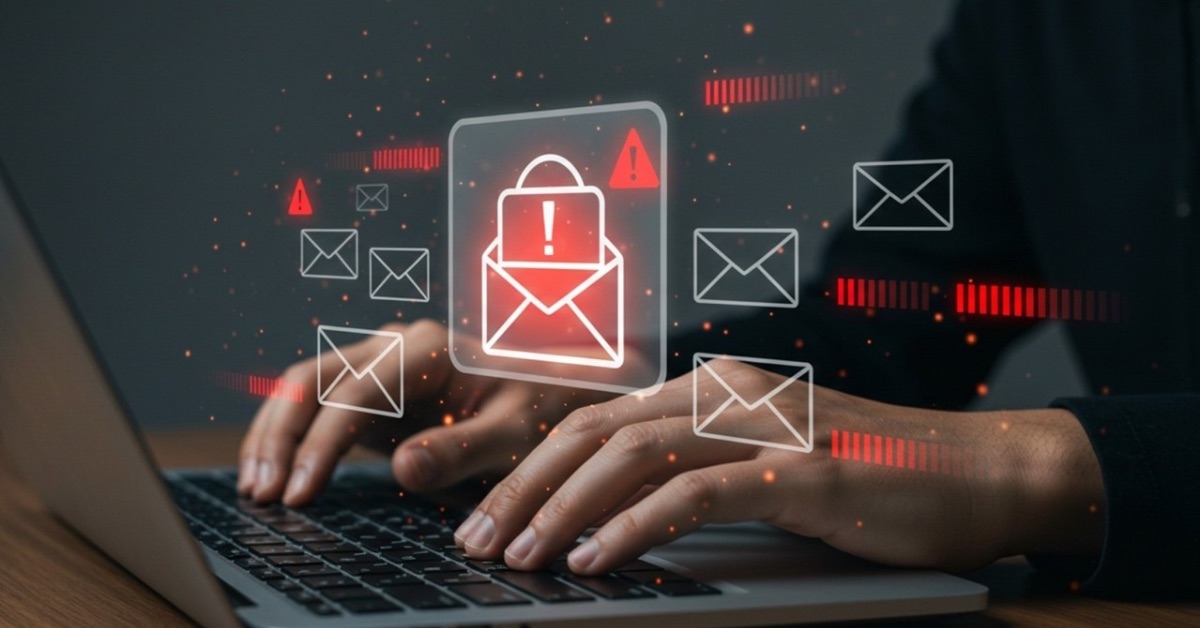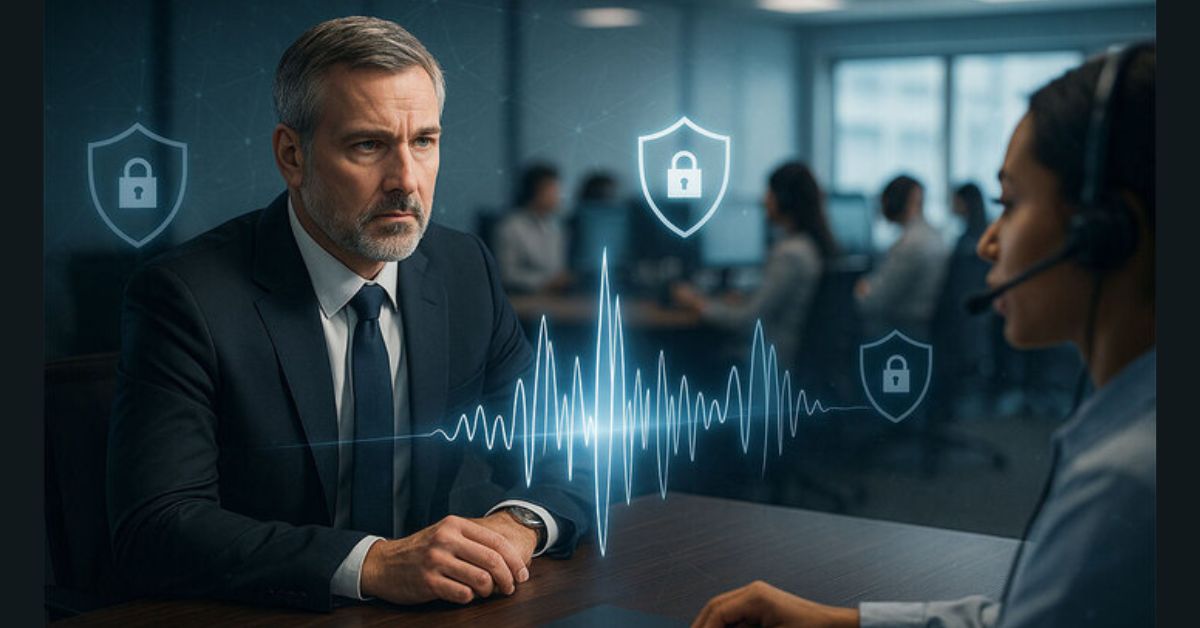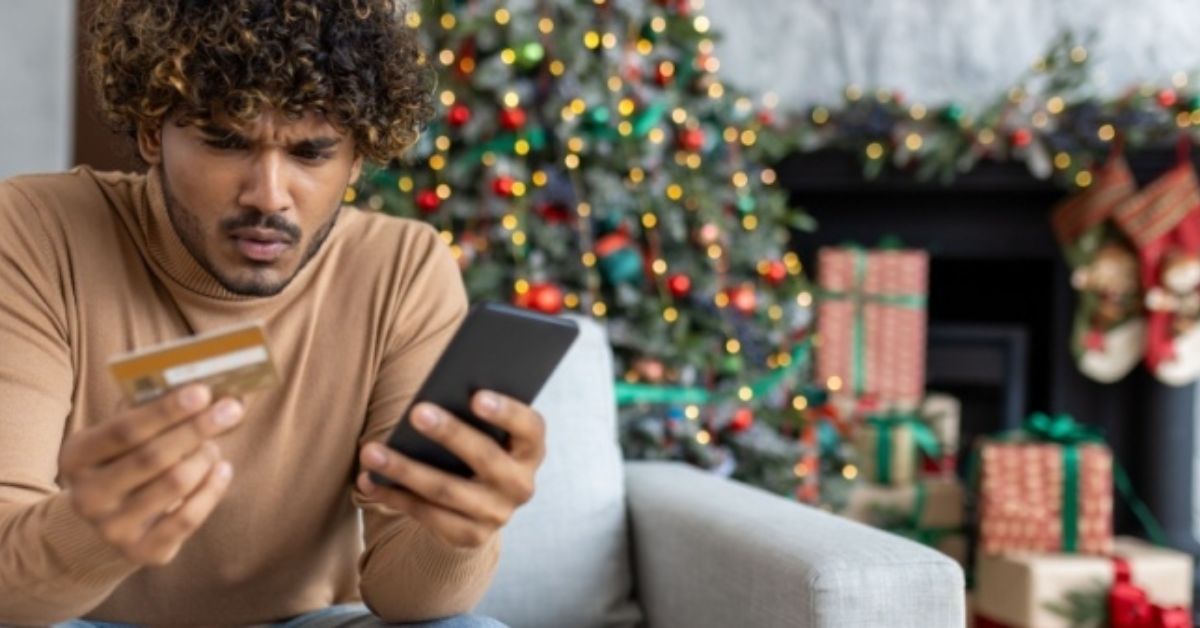How to Stay Safe on Social Media: Tips and Tricks
June 22, 2023, 7 min read
Because it enables us to interact with friends, share our experiences, and keep up to date on current events, social media has evolved into an indispensable component of our everyday lives. However, it is essential to keep in mind that although platforms for social media offer a variety of advantages, they also come with the possibility of disadvantages. In this article, we will go over some helpful hints and suggestions that can assist you with social media safety and protecting the privacy of your personal information.
Be Mindful of the Information You Share
Being cautious of the information you disclose on social media is one of the most important things you can do to protect yourself when using these platforms. Before you submit something, you should carefully examine who will have access to it and how it might be utilized in the future. It is best not to share private information that could potentially compromise your safety, such as your home address, phone number, or financial details. Caution is advised when publishing your real-time travel plans online since unscrupulous individuals may try to profit from the information you provide.
Use Strong and Unique Passwords
It is essential to the safety of your social media accounts that you use passwords that are both unique and robust. Try to steer clear of using passwords that are too obvious or too easy to figure out, such as “password123” or “123456.” Create passwords that are at least 12 characters long, contain a mix of uppercase and lowercase letters, digits, and special characters, and include a combination of all of these elements. In addition, make sure that each of your social media accounts has its unique password. This will prevent a chain reaction from occurring if one of your accounts gets hacked.
Enable Two-Factor Authentication
Two-factor authentication, also known as 2FA, is an additional security measure that can be added to your social network accounts. If you enable two-factor authentication (2FA), in addition to providing your password, you will also be required to give a second verification method, such as a one-time code that is texted to your mobile device. Even if someone is successful in obtaining your password, this additional step brings the risk of unauthorized access down to a substantially lower level.
Review Your Privacy Settings
The main social media sites each come with a variety of privacy settings that allow users to restrict who may view their postings as well as their personal information. Make sure you’re happy with the level of privacy you’ve selected by checking in on these settings regularly and making any necessary adjustments. Adjust your privacy settings so that only the people you know you can truly trust may see your posts and other personal information. It is recommended that, unless you have a compelling reason to the contrary, you refrain from making your profile viewable to the general public.
Be Cautious of Suspicious Messages and Links
Scams and efforts to steal sensitive information can also occur on social networking networks. Be wary of any messages or links that are provided to you by unknown individuals, particularly if they ask for your personal information or ask for your financial details. Never download anything from an unknown source or click on any links that look questionable. Before you respond to a message that appears to be suspicious or out of character for someone you know, it is best to check its authenticity with the person directly using one of the other available communication channels.
Avoid Posting Sensitive Content
Before posting sensitive stuff on social media, give it some serious thought. When something is shared online, it might be difficult to exercise control over its further dissemination and to guarantee that it will remain confidential. Avoid revealing anything that could potentially compromise your personal or professional reputation, such as images that present you in a bad light, confidential information relating to your work, or anything else. Keep in mind that even if you remove a post, it is still possible for another user to have saved it or shared it.
Report Abusive Behavior
Reporting tools have been implemented across social media sites to curb inappropriate or harmful behavior. You should report any sort of abusive content, including harassment, hate speech, or other forms of online abuse, to the platform’s management. This helps to make the internet a more secure place for everyone when you report inappropriate behavior like this. You shouldn’t feel bad about removing people as friends or blocking them if they repeatedly participate in detrimental activities.
Be Careful with Location-Based Services
You can share your location on certain social networking platforms, either in real-time or by tagging your postings with your location. Be careful while utilizing location-based services because it can be tempting to brag about where you are, but it’s important to be safe. If you reveal your precise location to others, you run the risk of being an easy target for criminals, and it may also put your privacy at risk. It is advisable to use location services with caution, particularly in unfamiliar environments or settings that could put you in danger.
Keep Your Software Updated
Keeping all of your software, including your operating system, web browser, and the applications you use for social media, up to date is necessary for ensuring your safety online. Updates to software typically include security patches that defend against newly discovered dangers and repair any vulnerabilities that may have been discovered. Enabling automatic updates whenever it’s possible will guarantee that you have the most recent security enhancements available. If automated updates are not available, you should manually check for updates regularly.
Be Wary of Third-Party Applications
Applications and games created by third parties that are hosted on social media platforms may request to access your personal information. When it comes to granting rights to these programs, you should exercise extreme caution because there is a possibility that they will mismanage or exploit your data. Only authorize applications that come from sources that you know and trust, and before granting access, check out the permissions such applications need. Remove any applications that you no longer use or that you do not trust to reduce the amount of risk that you are exposed to.
Educate Yourself about Privacy Policies
The privacy policies of social media platforms explain how the platforms will collect, keep, and utilize any personal information you provide to them. Spend some time reading and comprehending our policies so that you can make decisions about the information you give that is based on accurate facts. Make sure you are familiar with the data handling practices of the platform, especially how they share your data with third parties. If you are concerned about the privacy practices of a platform, you might want to think about modifying your settings or selecting another platform that is more in line with the way you want your data to be handled.
Limit your Circle of Friends
Even while social media platforms like Facebook and Twitter encourage users to connect with a large number of new people, it is essential to exercise discretion when deciding which new contacts or friends to add to your network. Keep your company limited to those who are already familiar and trustworthy to you. You should try to avoid accepting requests from strangers or those with whom you share no common relationships. Keep in mind that the greater the size of your network, the greater the likelihood that your personal information will be exposed to parties that you are not familiar with.
Monitor Your Online Presence
Always keep an eye on your reputation online by performing searches of your real name or username on various search engines and social networking sites at regular intervals. This gives you the opportunity to be informed about the information that is available about you and to swiftly address any inaccuracies or undesirable content that you come across. You can receive alerts through Google Alerts whenever your name is referenced online if you set up Google Alerts for it. You are in a position to take preventative measures to guard both your reputation and your privacy if you vigilantly monitor your internet presence.
Be Mindful of Public Wi-Fi
Use extreme caution in accessing social media platforms from a public Wi-Fi network. Most public Wi-Fi networks are not password protected, which makes it much simpler for cybercriminals to steal your data. When connected to a public Wi-Fi network, you should avoid accessing sensitive information or signing into social media accounts. This includes doing financial transactions online. If you are forced to use public Wi-Fi, you should seriously consider connecting to a virtual private network (VPN) so that your data may be encrypted and an additional layer of protection can be added.
Conclusion
When utilizing social media platforms, it is critical to place a high priority on protecting both your personal information and your physical safety. Social media platforms offer amazing opportunities for interaction and sharing. You can improve your online safety when using social media by being mindful of the information you share, using strong passwords and two-factor authentication, reviewing privacy settings, being cautious of suspicious messages and links, avoiding sensitive content, reporting abusive behavior, exercising caution when using location-based services, keeping your software updated, and adhering to the other best practices discussed in this blog post.
Keep in mind that maintaining your privacy and security on social media is an ongoing activity.It starts from securing your home network and keep going with maintaining vigilance about the protection of your personal information regularly. Keep yourself up to date on the most recent best practices for cybersecurity, and adjust to ever-shifting privacy settings. You can maximize the benefits of social media while minimizing the hazards of your participation in online interactions if you follow these bits of advice.




























